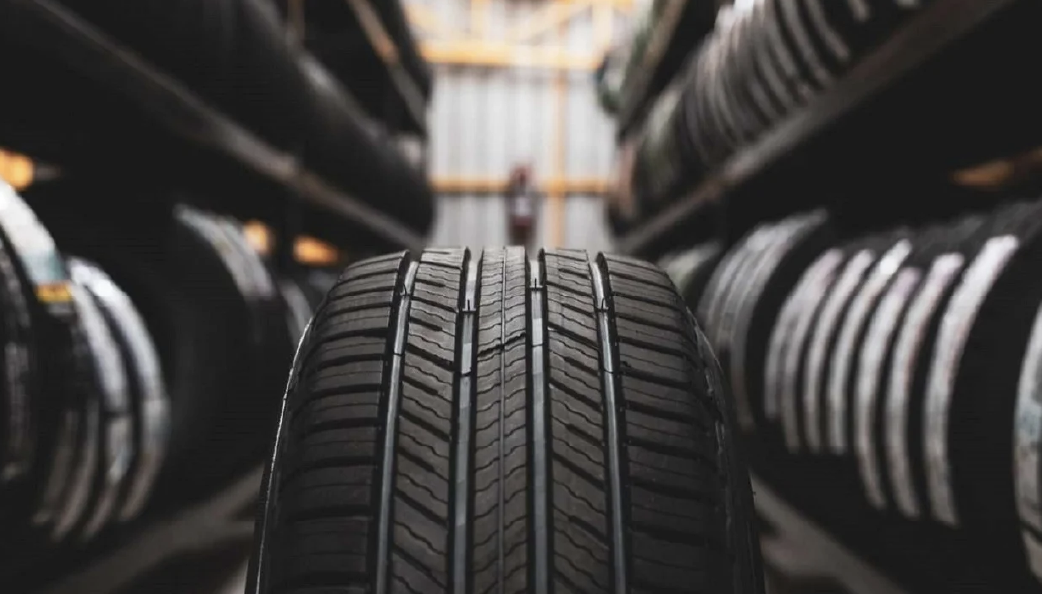The tire and auto parts industry in Latin America is going through a major transformation, driven by digitalization and the rise of e-commerce. What was once a market dominated by physical sales and manual processes is now being reconfigured—from inventory management to customer service.
According to data from Statista published in 2024, the regional tire market is expected to exceed $13 billion this year, with an annual growth rate of around 6%. At the same time, e-commerce is gaining traction: online tire sales already generate over $600 million in Latin America, according to eMarketer—highlighting a shift in consumer behavior and a pressing need for distribution channels to adapt.
Digital Catalogs and Real-Time Pricing
Digitalization isn’t just changing the sales channel—it’s also revolutionizing how catalogs, inventory, and pricing are managed. Today, distributors and workshops use platforms that update inventory in real time, offer complete technical specifications, and allow for dynamic pricing based on demand or stock levels. This reduces losses due to out-of-stock products and boosts operational efficiency.
Better-Prepared Workshops and More Informed Customers
One of the biggest beneficiaries of this digital leap is the network of workshops and tire dealers. Thanks to technology, they can check product availability, place orders directly on a platform, and coordinate delivery and installation within a single system. For the end customer, this means shorter wait times, greater confidence, and a more professional shopping experience.
Optimized Logistics: Lower Costs, Faster Delivery
Modernization is also transforming logistics. Automating supply processes enables distributors to lower operating costs and improve delivery times. Traceability becomes standard, and the ability to manage multiple points of sale from a single system provides more control and efficiency.
Technical Training as a Competitive Edge
In a more professionalized environment, technical training becomes a key strategy. Many brands are investing in specialized training for workshop and distributor staff to ensure proper installations, improve customer satisfaction, and strengthen long-term loyalty. This investment in education is also helping raise the standards of the entire sector across the region.
The tire and auto parts industry in Latin America is facing a historic opportunity. Far from being a temporary trend, digitalization is establishing itself as the path toward a more integrated, efficient, and competitive ecosystem. The key lies in collaboration among manufacturers, distributors, workshops, and tech platforms that together are reshaping the regional automotive market.












